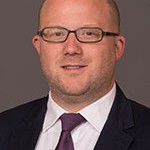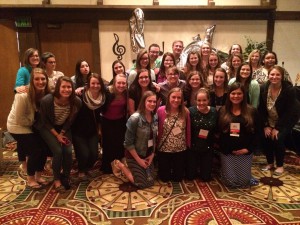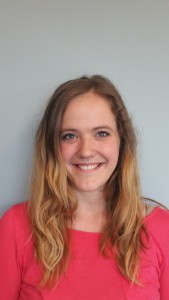 Julie Sweitzer, director of College Readiness Consortium, was recently quoted in the Minnesota Daily article, “U study researches academic success through language skills.” The article discusses recent University of Minnesota research on how conversations between parents and children may improve language skills.
Julie Sweitzer, director of College Readiness Consortium, was recently quoted in the Minnesota Daily article, “U study researches academic success through language skills.” The article discusses recent University of Minnesota research on how conversations between parents and children may improve language skills.
Sweitzer told the Minnesota Daily, although studies like these help some students, there’s no one solution to closing the achievement gap. “It’s not just finding the one widget that will help make the machine work. It’s finding multiple parts that’ll work with the millions of students out there.”











